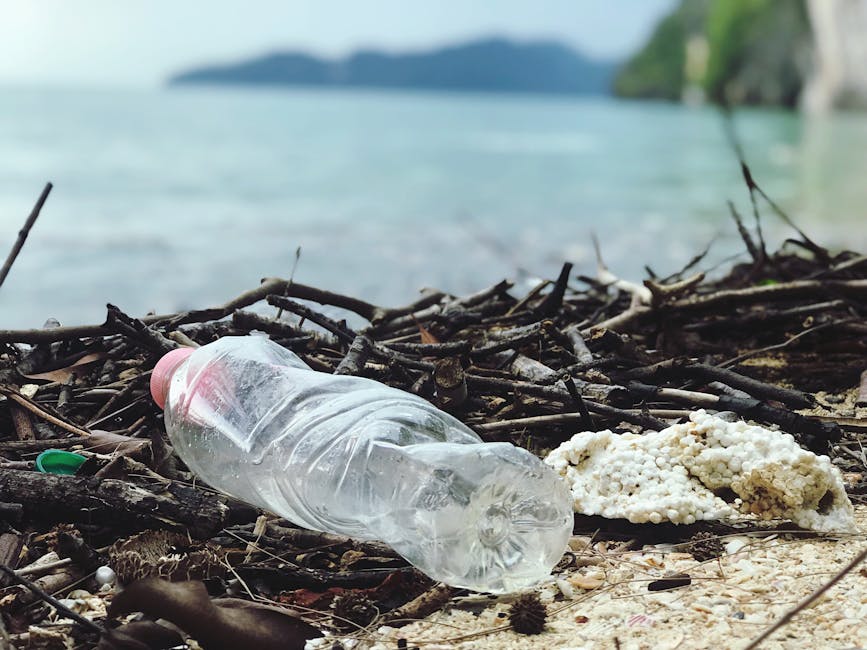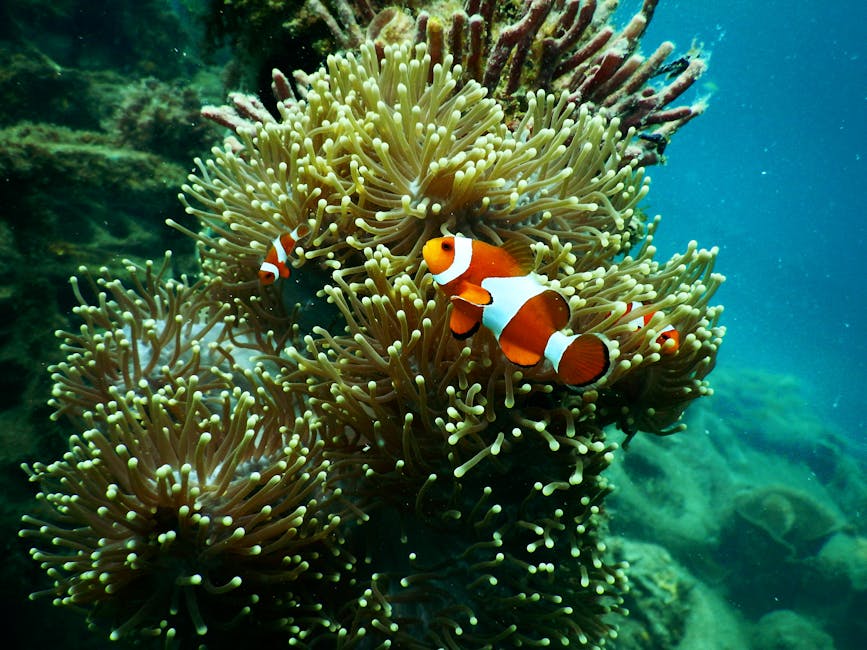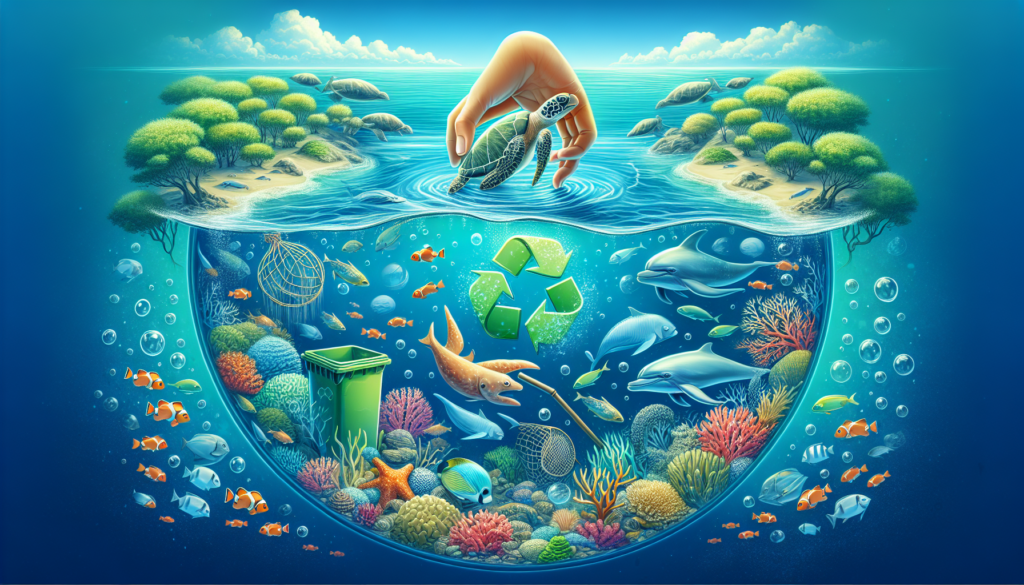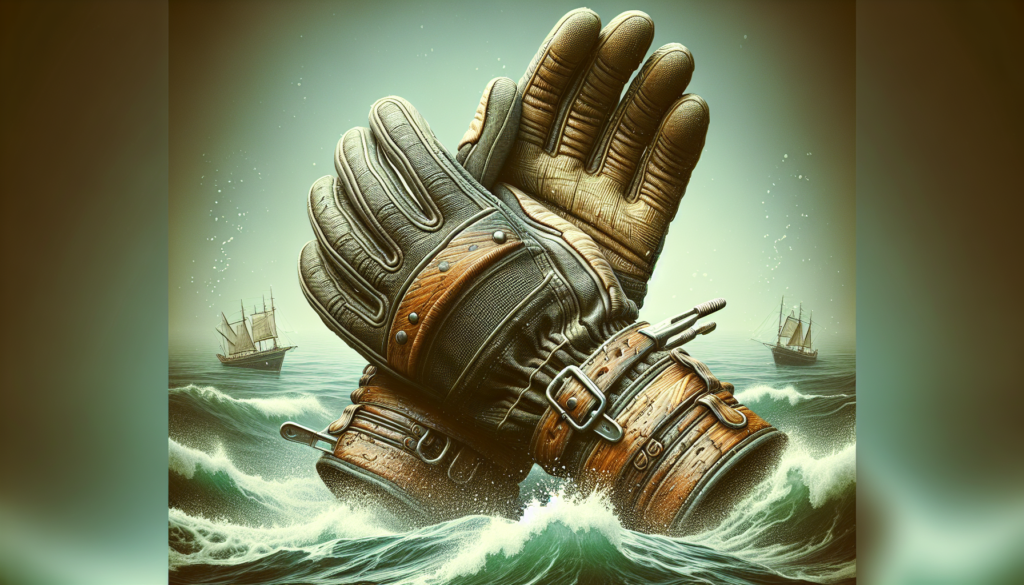Marine Conservation Tips: A Comprehensive Guide
Marine conservation is a critical issue that affects not only the health of our oceans but also the entire planet. With threats such as overfishing, pollution, habitat destruction, and climate change looming large, it’s more important than ever to take action to protect our marine ecosystems. In this article, we will delve into various tips and strategies for marine conservation, exploring ways in which individuals, communities, and governments can work together to safeguard our oceans for future generations.
The Importance of Marine Conservation
Before we dive into specific tips for marine conservation, let’s first understand why it’s so crucial to protect our oceans. Oceans cover more than 70% of the Earth’s surface and play a vital role in regulating the climate, providing food and livelihoods for millions of people, and supporting a diverse array of marine life. However, human activities have taken a toll on marine ecosystems, leading to declines in fish populations, coral reefs, and other critical habitats.
By conserving our oceans, we can ensure the sustainability of fisheries, protect marine biodiversity, and preserve the natural beauty of our seas. Marine conservation is not just about saving whales and dolphins; it’s about safeguarding the entire marine ecosystem, from the tiniest plankton to the largest whales.
Reduce Plastic Pollution
One of the biggest threats to marine life is plastic pollution. Every year, millions of tons of plastic waste end up in the ocean, where it poses a serious threat to marine animals. To help reduce plastic pollution, individuals can take simple steps such as using reusable bags, bottles, and containers, avoiding single-use plastics, and participating in beach clean-up efforts.
Businesses and governments can also play a role in reducing plastic pollution by implementing policies to limit the production and consumption of single-use plastics, investing in recycling infrastructure, and promoting sustainable alternatives to plastic products.

Support Sustainable Fisheries
Overfishing is another major threat to marine ecosystems. Many fish stocks are being depleted at unsustainable rates, leading to declines in fish populations and disruption of marine food webs. To support sustainable fisheries, individuals can choose to consume seafood from well-managed fisheries, look for eco-friendly labels such as the Marine Stewardship Council (MSC) certification, and advocate for stronger regulations to prevent overfishing.
In addition, consumers can also reduce their seafood consumption, opt for plant-based alternatives, and support local fishermen who use sustainable fishing practices. By making informed choices about the seafood we eat, we can help protect marine biodiversity and ensure the long-term health of our oceans.
Protect Marine Habitats
Marine habitats such as coral reefs, mangroves, and seagrass beds are essential for supporting a wide range of marine species. However, these habitats are under threat from pollution, habitat destruction, and climate change. To protect marine habitats, individuals can support conservation efforts such as marine protected areas, restoration projects, and habitat monitoring programs.
By volunteering for beach clean-ups, participating in coral reef restoration dives, or supporting organizations that work to protect marine habitats, individuals can make a positive impact on the health of our oceans. Communities can also work together to establish marine reserves, implement sustainable coastal development practices, and reduce runoff pollution to protect marine habitats from further degradation.

Reduce Carbon Footprint
Climate change is one of the biggest threats facing marine ecosystems today. Rising sea temperatures, ocean acidification, and extreme weather events are all having a profound impact on marine life. To reduce our carbon footprint and mitigate the effects of climate change on oceans, individuals can take steps such as using public transportation, carpooling, biking, or walking instead of driving, reducing energy consumption at home, and supporting renewable energy sources.
By making small changes in our daily lives, such as using energy-efficient appliances, turning off lights when not in use, and supporting policies that promote clean energy, we can help reduce our impact on the environment and protect marine ecosystems from the effects of climate change.
Engage in Advocacy and Education
One of the most powerful ways to support marine conservation is to become an advocate for the oceans. By raising awareness about the importance of marine conservation, advocating for stronger environmental policies, and supporting organizations that work to protect marine ecosystems, individuals can help drive positive change at local, national, and global levels.
Education is also key to promoting marine conservation. By learning about marine ecosystems, understanding the threats they face, and sharing this knowledge with others, individuals can inspire action and encourage others to join the fight to protect our oceans. Whether through volunteering, fundraising, or simply spreading the word, everyone can play a role in safeguarding our marine ecosystems for future generations.
Expert Opinions
We reached out to marine conservation experts for their insights on how individuals can make a difference in protecting our oceans:
“Small changes in our daily habits can add up to make a big impact on the health of our oceans. By choosing sustainable seafood, reducing plastic waste, and supporting marine conservation efforts, we can all play a part in preserving marine ecosystems for generations to come.” – Dr. Emily Jones, Marine Biologist
Conclusion
To wrap things up, marine conservation is a complex and multifaceted issue that requires collective action from individuals, communities, and governments. By following the tips outlined in this article, you can make a positive impact on the health of our oceans and help protect marine ecosystems for future generations. Remember, every small action counts, whether it’s reducing plastic waste, supporting sustainable fisheries, or advocating for stronger environmental policies. Together, we can ensure a healthy and thriving ocean environment for all marine life to flourish.



